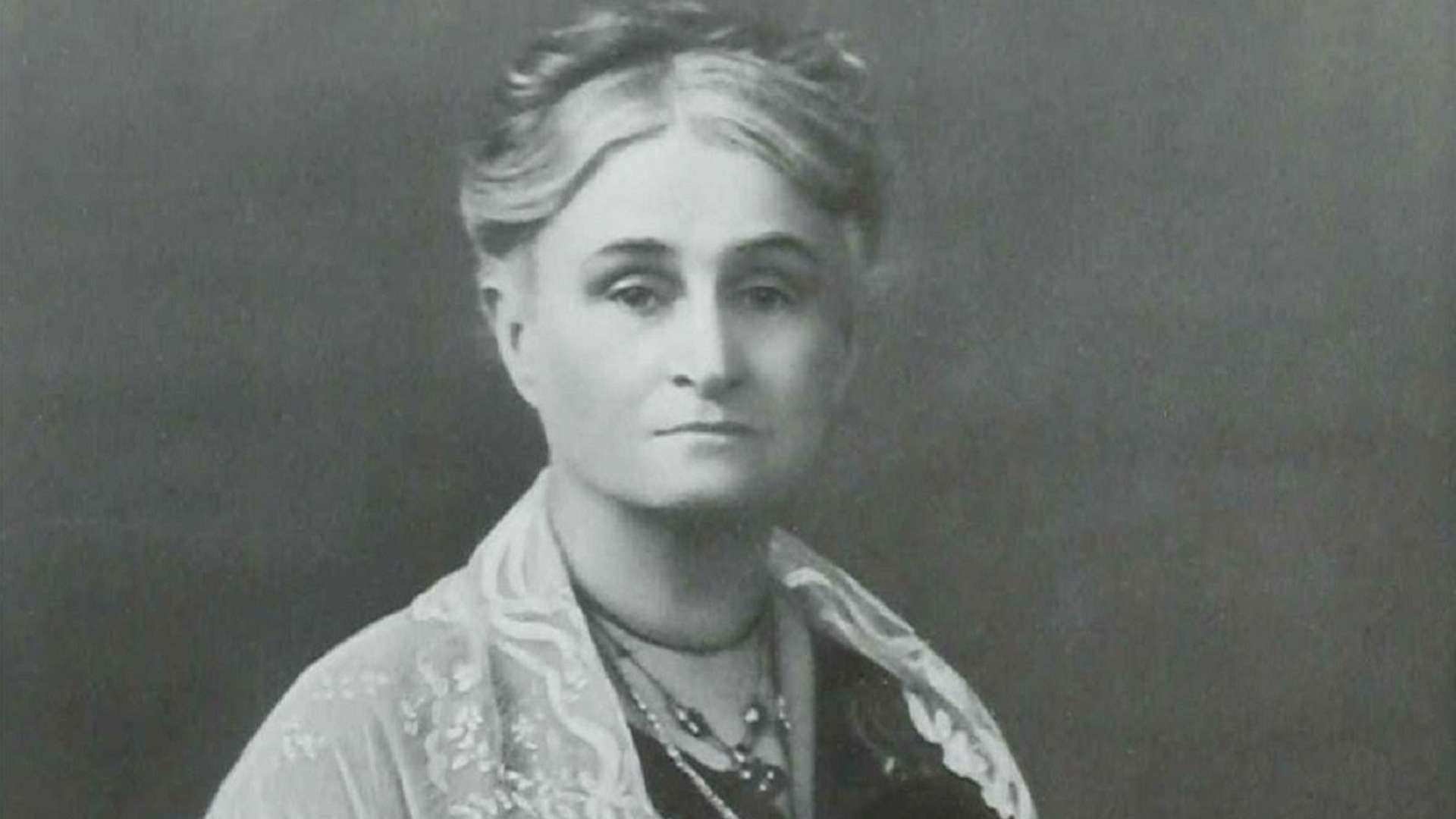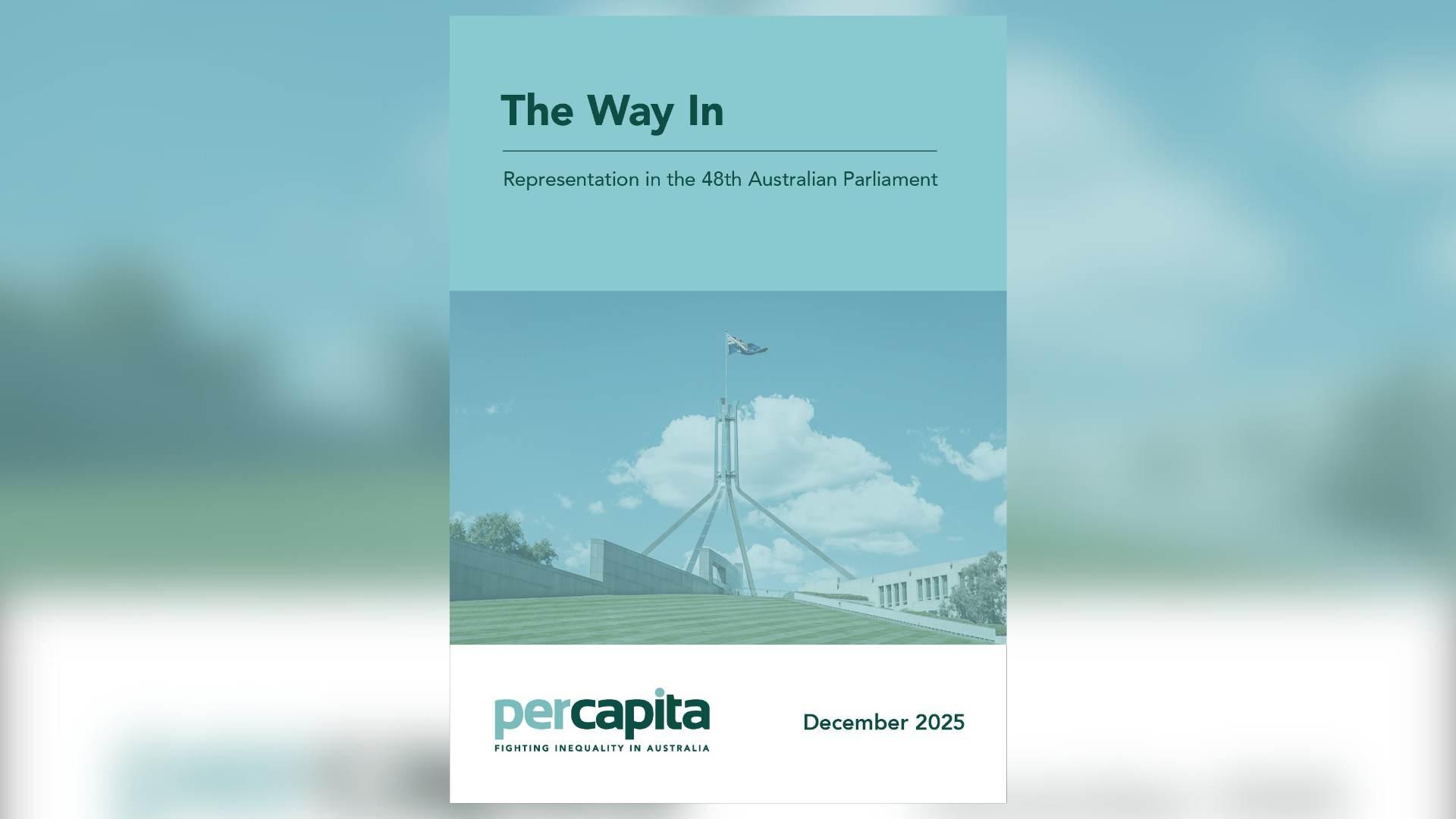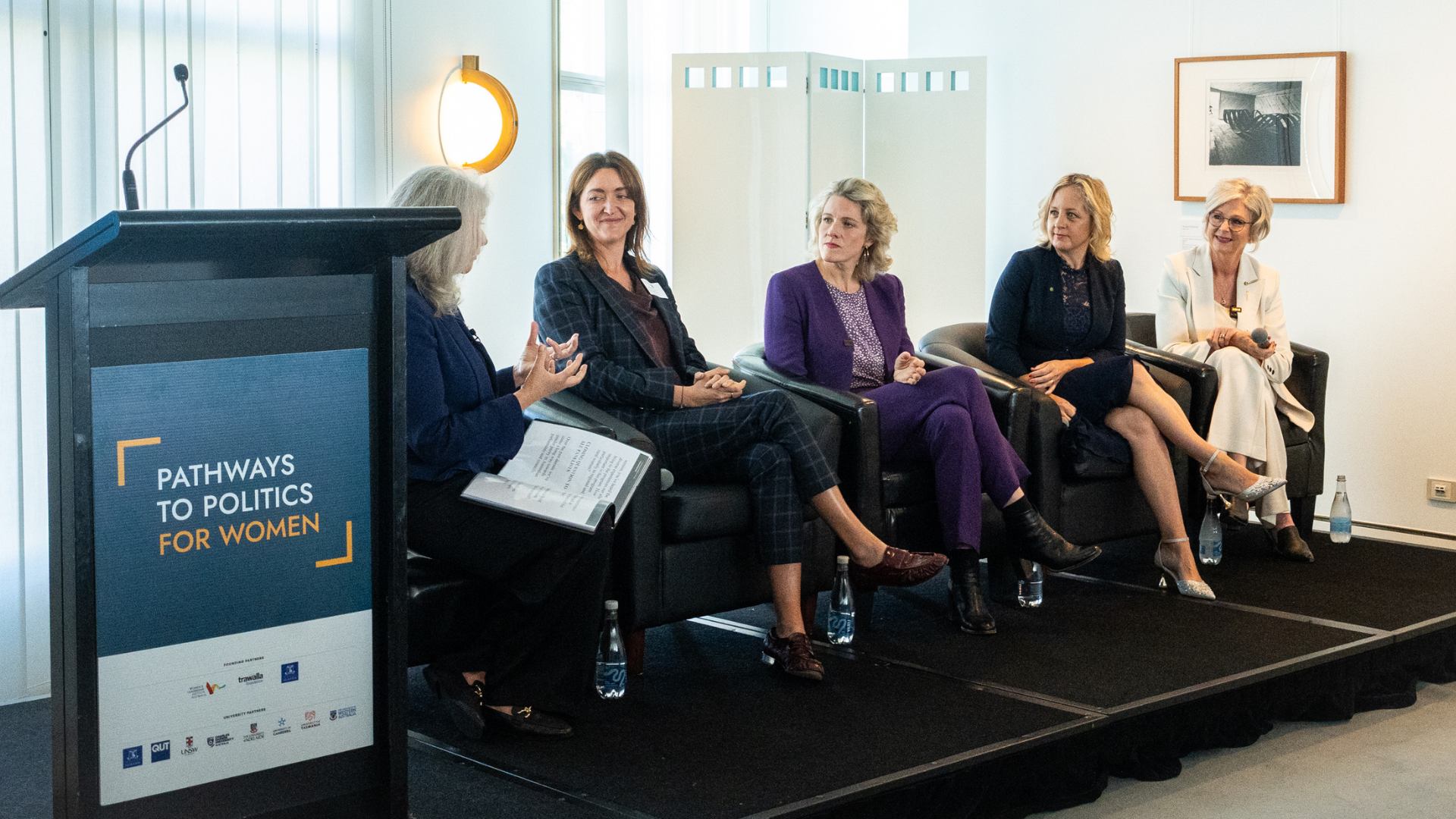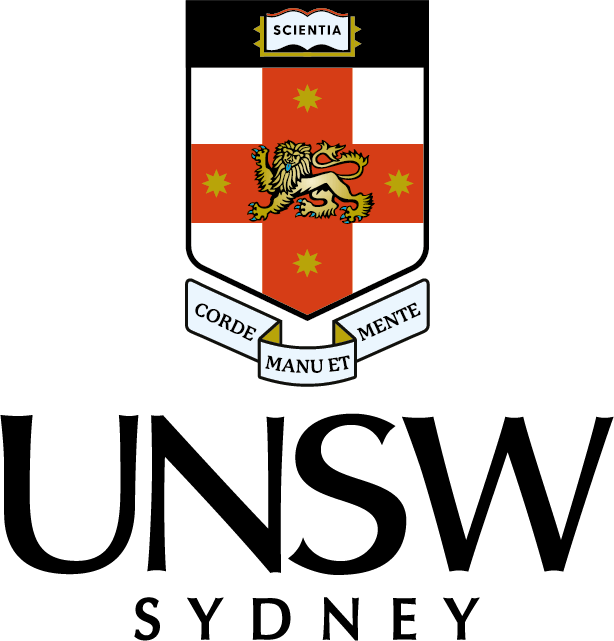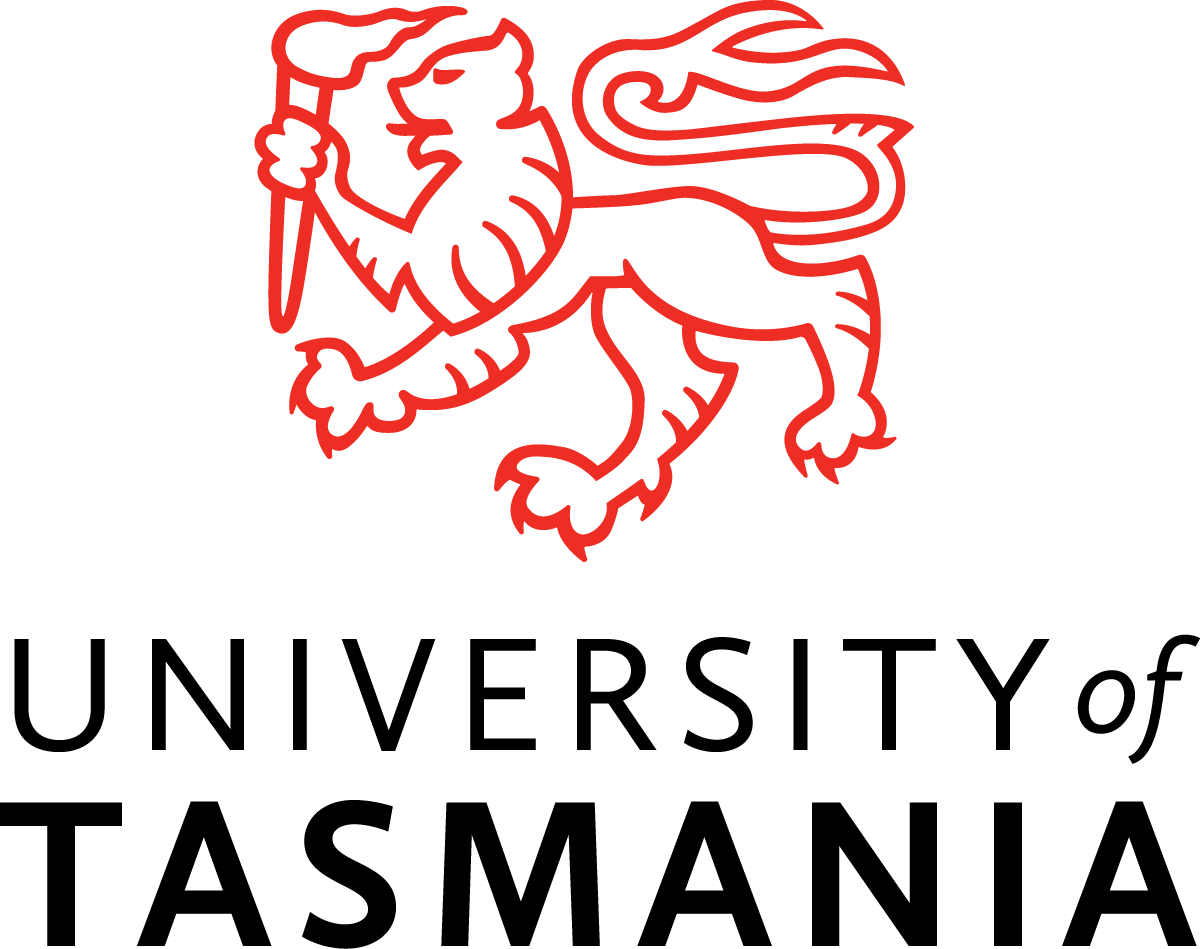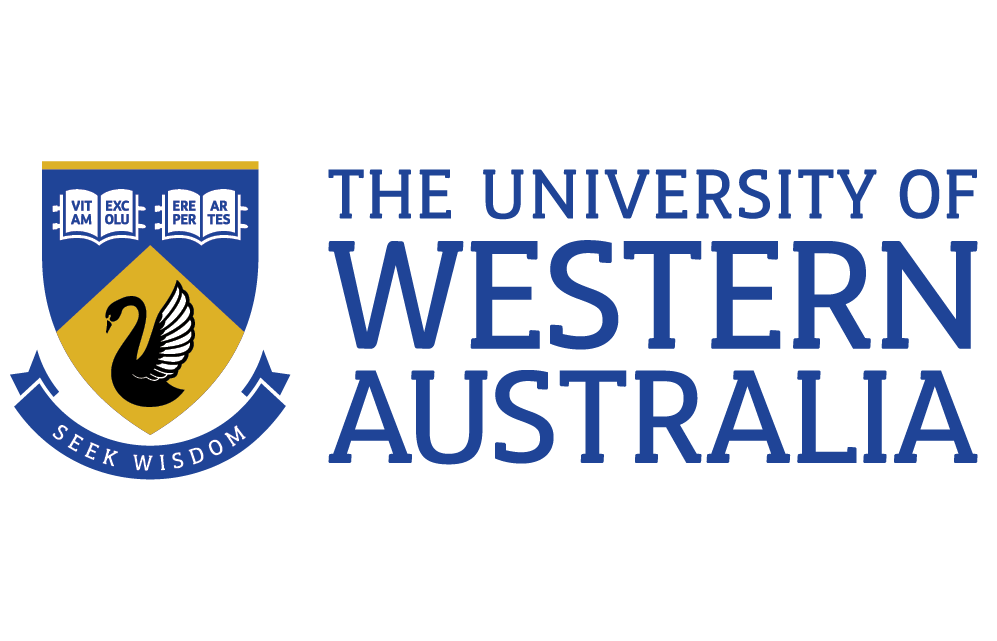Hilary Silbert, September 2025
Edith Dircksey Cowan
2 August 1861 – 9 June 1931
Australia’s first female parliamentarian, elected 12 March 1921
Edith Cowan’s enduring impact on women’s political representation
More than a century has passed since Edith Cowan made history as the first woman elected to an Australian Parliament, but many of the challenges she faced will feel strikingly familiar to women stepping into politics today. From being underestimated as a candidate, to having her authority questioned in Parliament, to balancing the scrutiny of public life with private relationships, Edith’s experience offers both inspiration and practical lessons.
She built her credibility through decades of community service, ran unapologetically on a clear agenda, and held her ground in hostile environments. Edith demonstrated that political impact is not measured only by electoral victories, but by the long-term changes sparked by courage, persistence and vision.
“ I stand here today in the unique position of being the first woman in an Australian Parliament.”
– Edith Cowan
“A tough nut to crack”: Winning that historic election
Edith Cowan was a trailblazer who rose above childhood adversity to influence history.
She played a leading role in securing the right for women in Western Australia to vote, which was achieved in 1899, only six years after the first country to allow women to vote, New Zealand. Edith was a major campaigner for womens’ right to stand for election, which became law in 1920.
For Edith, gaining the right to vote meant it was only a matter of when she would be eligible to stand for election, not if she would. In the 1921 Western Australian state election, four women stood: only Edith was elected. Aged 59, she was elected to the Western Australian Parliament as the Member for West Perth..
When Edith stood for election, she was not expected to win, not even by herself – the election was considered “A Tough Nut To Crack”. Upon her successful election, Edith made a victory brooch for her supporters out of a local gum tree, with a cracked gum nut.
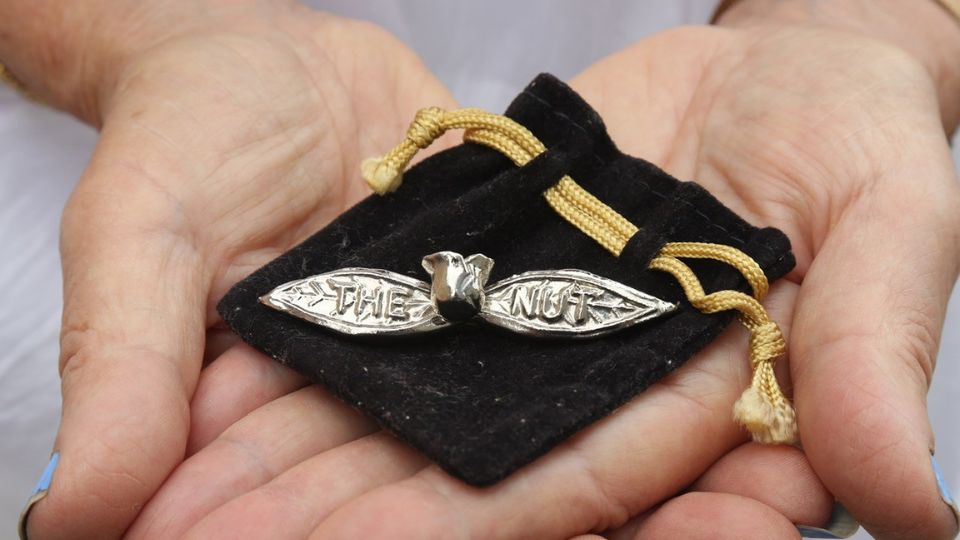
“I know many people think perhaps that it was not the wisest thing to do to send a woman into Parliament, and perhaps I should remind Hon. members that one of the reasons why women and men also considered it advisable to do so, was because it was felt that men need a reminder sometimes from women beside them that will make them realise all that can be done for the race and for the home.”
– Edith Cowan, Maiden Speech
Edith was interrupted all the way through her first speech in Parliament, even by the Premier, a practice that has been unacceptable in most parliaments. She said it how it was, despite the price she would pay.
“It is all the more necessary, therefore, that I should make it clear where I stand. I am a Nationalist and I belong to no party in this House. I was sent here to uphold law and order and constitutional government and it will be my desire to assist in carrying out these objects in a proper and satisfactory manner; while in the discharge of my duties here I shall be responsible only to my own constituents.……”
The Nationals were furious she had been elected, unseating the incumbent Attorney General. They declared she would never be elected again. And she wasn’t.
By the time Edith stood for election she had been the founder, President and life member of a wide range of organisations. She had been awarded an early Order of the British Empire by King George V for her civilian work in World War 1, she had been an early Justice of the Peace and an officer in the Courts. She was well travelled, a voracious reader and was blessed with an excellent memory.

One of Edith’s greatest assets was her relationship with her husband James. They had married when she was an eighteen year old orphan and he was thirty one and a Registrar and Master of the Supreme Court. They shared interests and respectfully supported each other. Their home was a place of gatherings and discussions. James and Edith were criticised by both men and women for their equal and mutually respectful partnership, as well as their progressive politics for the time, which included advocating for equal pay for teachers and equal treatment of unmarried mothers. When parliament sat for twenty-nine hours in January 1922, a record sitting for the Redistribution Bill, James Cowan was ridiculed by arriving at dawn looking for his wife.
She was elected on her own merit, not on her husband’s standing. She believed in compulsory voting and proportional representation, which was later achieved. She also thought Parliamentarians should not be paid: she believed it to be a community service. Although her husband James had retired by the time she was elected, Edith gave away most of her parliamentary salary.
Edith in Parliament
When in parliament, Edith achieved two successful private members bills. Her first one in 1922 was the first ever proposed by a women in any parliament of the British Empire. Her second Bill, the Women’s Legal Status Bill, enabled women to enter professions like law and to hold public office. This changed the face of society for all.
This Bill was mocked in cartoons by The Western Mail newspaper. They portrayed women in various new roles: engine drivers, prize fighters, road construction workers. It predicted reversals of roles such as the return home of the drunken woman breadwinner, the female proposer of marriage, and men causing traffic jams while pushing prams.

Edith always believed that the cause was far more significant than the individual, and she never sought to spotlight herself. She navigated a Parliament built entirely for men – excluded from joining her male colleagues in the bar, and even having to walk home to use the bathroom. Luckily she lived across the road.
She quickly understood that her real power lay in what she said on the floor of Parliament, and she used her voice strategically to achieve change.
After her death, Edith’s contribution and legacy was recognised with the Edith Cowan Clock Tower in West Perth – a tribute not just to her, but to what women can achieve when they claim their rightful place in public life.

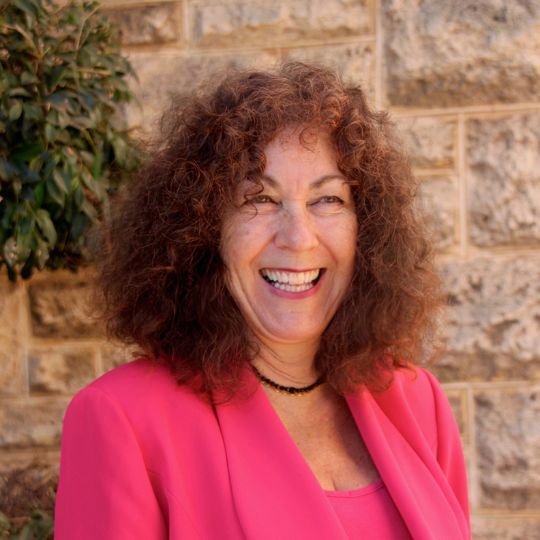
Hilary Silbert is Founder of the Edith Dircksey Cowan Commemoration. Her interest in Edith Cowan began when she was appointed as Corporate Events Manager at Edith Cowan University, and has since spent decades researching and promoting her achievements. Hilary met regularly with Edith Cowan’s grandson and biographer Peter Cowan and set up the Edith Dircksey Cowan Commemoration with his blessing. She hopes to see Edith Cowan take her rightful place in history.
